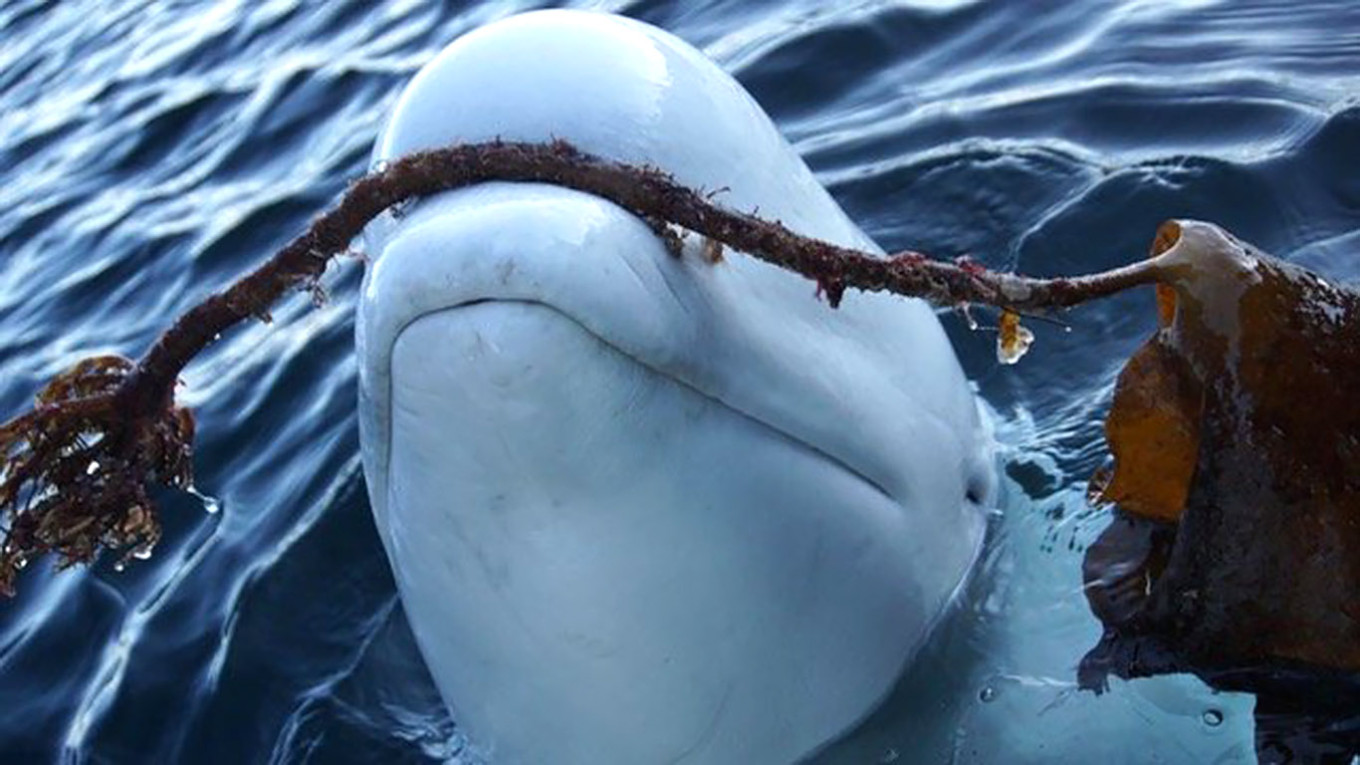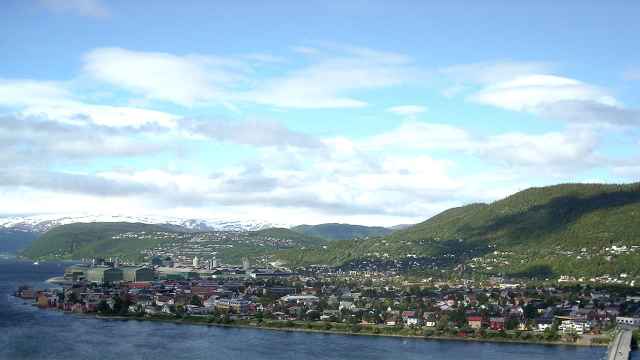A beluga whale found dead in Norway in August, who some suspected of being a Russian spy, most likely died of an infection, not gunshot wounds, Norwegian police said Friday.
Nicknamed "Hvaldimir," a pun on the Norwegian word for whale (hval) and the whale’s purported ties to Moscow, the white beluga first appeared off the coast in Norway's far-northern Finnmark region in 2019 and quickly became a national celebrity.
He was found dead on August 31 in a bay on Norway's southwestern coast.
Animal rights organizations NOAH and One Whale claimed the whale had been shot dead and filed a police report.
The Norwegian Veterinary Institute conducted an autopsy and found a 35-centimeter (14-inch) stick lodged in his mouth.
"The report concluded that the probable cause of death was a bacterial infection, possibly a result of wounds in his mouth caused by a stick that got stuck," police official Amund Preede Revheim said in a statement on Friday.
"The stick may also have made it difficult for Hvaldimir to eat, thereby increasing the risk of infection," he added.
Police said they had found no trace of bullets and had decided not to open an investigation. "There is nothing in the examinations that suggests Hvaldimir was killed illegally," Preede Revheim said.
When Hvaldimir was found in 2019, Norwegian marine biologists removed a man-made harness with a mount suited for an action camera and the words "Equipment St. Petersburg" printed in English on the plastic clasps.
The whale appeared to be accustomed to humans. Norwegian officials said the whale might have escaped an enclosure and been trained by the Russian navy.
Moscow has never made any official response to claims the whale could be a "Russian spy."
A Message from The Moscow Times:
Dear readers,
We are facing unprecedented challenges. Russia's Prosecutor General's Office has designated The Moscow Times as an "undesirable" organization, criminalizing our work and putting our staff at risk of prosecution. This follows our earlier unjust labeling as a "foreign agent."
These actions are direct attempts to silence independent journalism in Russia. The authorities claim our work "discredits the decisions of the Russian leadership." We see things differently: we strive to provide accurate, unbiased reporting on Russia.
We, the journalists of The Moscow Times, refuse to be silenced. But to continue our work, we need your help.
Your support, no matter how small, makes a world of difference. If you can, please support us monthly starting from just $2. It's quick to set up, and every contribution makes a significant impact.
By supporting The Moscow Times, you're defending open, independent journalism in the face of repression. Thank you for standing with us.
Remind me later.






